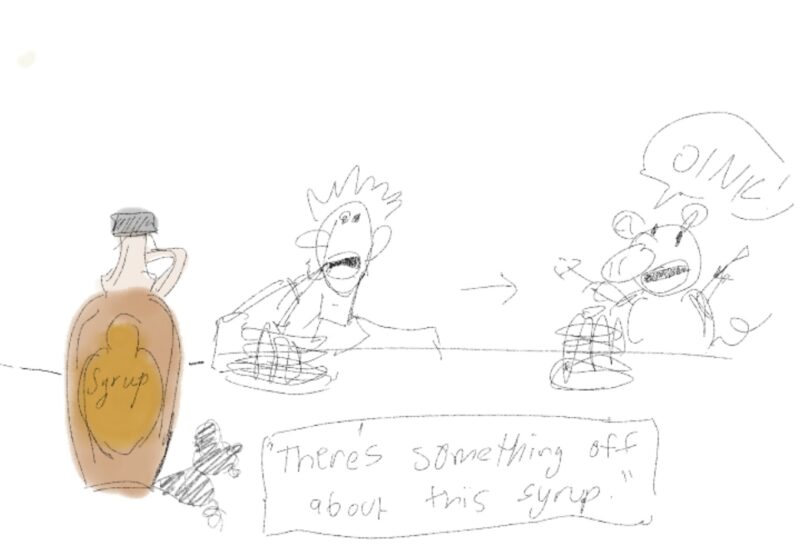When was the last time you went to the dentist? How about your physician? Winter break?
Okay, now when was the last time you saw a therapist? How about any other mental health professional? If you answered never, have you considered why?
Despite ongoing progress, an uphill battle remains against stigmas surrounding mental health problems, especially in terms of treating them. The classic view is that anyone seeing a therapist should be locked away in a white padded room. Some may still harbor remnants of this prejudice, but much of the modern stigma comes from our own self-perception. It’s scary to accept a label that makes you think of yourself as worse off than others. Thinking you can cope on your own makes you feel less weak on the surface.
This makes people view therapy as a last resort, but waiting until you hit rock bottom to seek help is like waiting until you get a cavity to see a dentist.
It’s easy to come up with reasons to avoid help — that you’re too busy, that therapy isn’t for you. There’s the discomfort of opening up to a complete stranger and the fear that they might make you talk about things you don’t want to. And the process of scheduling an appointment, just to wait weeks to see somebody, can seem not worth the trouble. By then, your original issue might not feel as pressing.
But dedicating an hour out of your monthly, or even weekly, schedule to see a therapist can be a worthwhile experience. Opening up to a complete stranger can be worth it if it means not breaking down later from a bottled up mental burden. And the struggle of setting up an appointment for a mental health concern isn’t comparable to struggles of mental problems not dealt with.
When you attend a session with a mental health professional, you may not be completely sold on the experience. At first, it may seem nothing more than a regular conversation with a stranger. One or a few appointments won’t give you a 4.0, clear skin, and a new lease on life. But they will probably give you a better understanding of what you may be dealing with and the process of therapy itself, including your role in it.
Therapy can be a liberating experience. It can help you understand mental issues better and offer strategies on how to deal with them effectively. It can even connect you to people who are experiencing the same mental health problems that you may be facing, in the case of group therapy. Generally, speaking with someone who is professional and experienced is much more effective than some of the ways we tend to find help ourselves.
There are many quick fixes for mental health we tend to think of as helpful that are in fact ineffectual or even detrimental. Letting it out to friends may feel therapeutic, but most are unqualified to deal with mental health problems. Friends can provide crucial support, but don’t look for something beyond that. And make sure you’re not draining your friends emotionally by asking them to solve something they simply can’t. An expert opinion is much more valuable for your innate mental health than a friend’s advice.
Meanwhile, dependence on technology can trick us into thinking that a convenient app can solve our mental issues. These apps are sometimes created more for profit than the common good. And most of them are not sophisticated enough to deal with specific, individual problems beyond witty generalizations. Mental health isn’t easy to fix, and most issues require constant, regular, and professional help, able to cater to specific questions and concerns.
Seeking mental health help can be a daunting experience, but addressing problems takes patience and constant effort. Don’t expect to be opposite Morgan Freeman spouting nuggets of wisdom from an armchair. But do expect to receive the kind of help no other method can offer.
University Counseling Center (UCC) Professional On-Call at (585) 275-3113. You can get up to 10 free sessions with a university health care professional.
CARE Network (585) 275-9490 to help someone get connected to UR services.
For urgent or life-threatening concerns, call UCC, UHS (585-275-2662), or Public Safety (585-275-3333).






